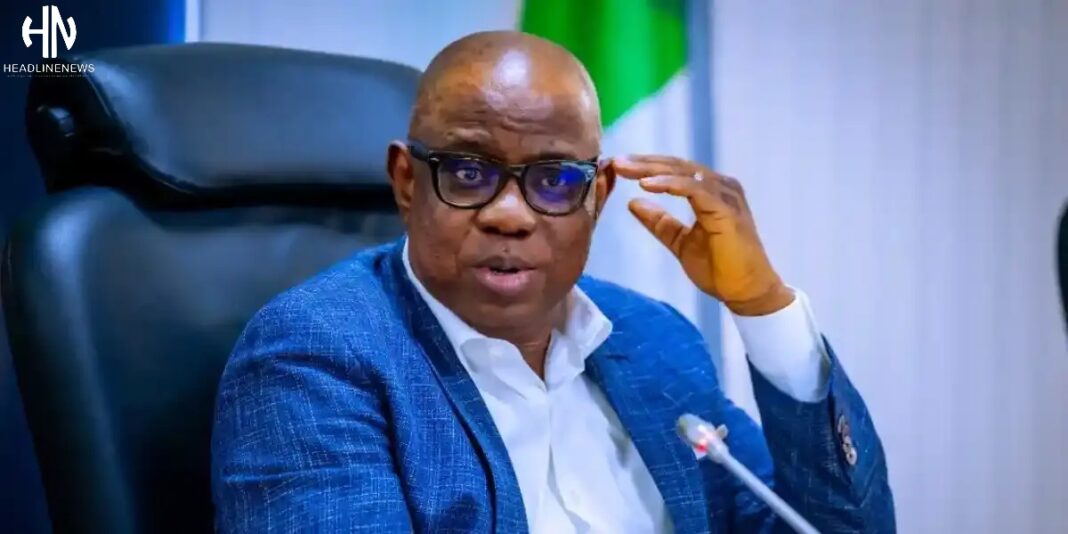Amid swirling reports of a forced resignation, Bayo Ojulari, Group Chief Executive Officer (GCEO) of the Nigerian National Petroleum Company Limited (NNPCL), resumed official duties on Monday, putting to rest speculation over his exit.
Ojulari was visibly present at an event organized by the Society of Petroleum Engineers (SPE) Nigerian Council in Lagos, where he delivered a keynote address. His attendance served as a strong signal of continuity in leadership at NNPCL, despite recent controversies surrounding his position.

Rumors had intensified over the weekend that Ojulari had been removed or compelled to step down, allegedly due to questionable dealings involving a politically exposed individual—Gbolahan Obanikoro, son-in-law to former Vice President Atiku Abubakar. Reports, including one by TheCable on August 3, claimed that Ojulari’s future at the helm of NNPCL was “under review,” citing internal concerns at the Presidency.
However, without directly addressing the allegations or rumors during the event, Ojulari used his platform to reinforce his commitment to the Nigerian energy transition and reaffirm his strategic vision for the sector. His remarks focused heavily on energy justice, positioning Nigeria—and Africa at large—as active architects of their energy futures.

“The energy transition must not be imposed,” Ojulari said. “It must be negotiated, contextualised, and it must be just.”
He stressed the continued importance of natural gas as a transitional fuel, arguing that Africa’s development realities must remain central to global climate and energy policy.
“Millions across Africa still live without basic access to electricity. The transition must start from a place of access and equity,” he added.
Ojulari also highlighted his forward-looking energy agenda, which integrates traditional oil and gas production with emerging technologies, such as carbon capture, hydrogen development, AI-assisted exploration, and compressed natural gas (CNG) deployment. He described the oil and gas sector not as a dying industry, but as the foundation for a resilient and inclusive energy future.
“For Nigeria — and for Africa — energy is more than economics. It’s about regional integration, industrial development, and geopolitical leverage,” he stated.
His appearance and speech have been widely interpreted as a deliberate message to both the industry and political observers that he remains in charge and committed to steering the national oil company through its current reforms and strategic shifts.
Although the Presidency and EFCC have denied reports of any forced resignation or coercion, public interest in the controversy remains high. Civil society groups had earlier staged protests calling for Ojulari’s removal, citing alleged corruption linked to $21 million in unaccounted oil funds.

Still, pro-reform groups have come to his defense, hailing his ongoing reforms in transparency, fuel supply stabilization, and cost reduction. They argue that the backlash may be politically motivated by entrenched interests resisting change within the oil and gas ecosystem.
As it stands, Ojulari continues to hold office, and Monday’s event marked his first public engagement since the rumors emerged. His continued presence may ease uncertainty in the sector—at least for now—as the administration navigates its broader energy and anti-corruption agenda.





